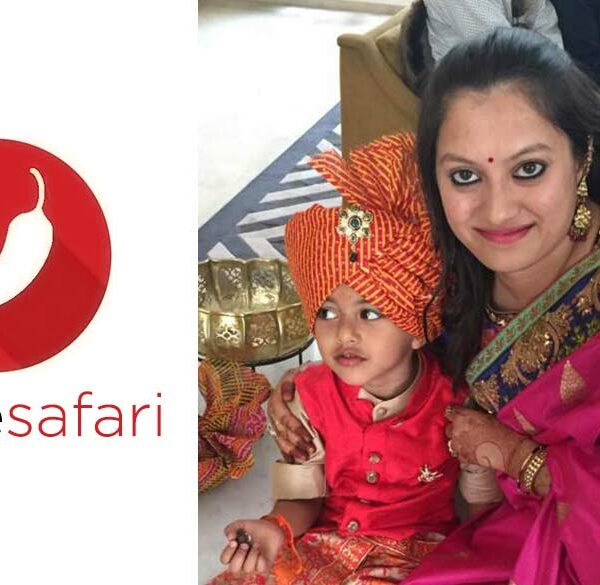If there is one book that has had a perpetual and pervasive influence on the Indian mind it is the Mahabharata. Written in around 3000 B.C, by Ved Vyas, it is still a living force in the life of Indians. The uniqueness of the epic lies in it’s complexity that has encouraged several interpretations of the original text. One such attempt is The Palace of Illusions. Of the many characters of this profound epic, are the women who clearly shine out because of their strength and grit.
The Palace of Illusions by Chitra Banerjee Divakaruni takes the reader to a journey to the magical world of the epic through the eyes of the most fascinating female character in the Mahabharata. The writer gracefully gives the story a feminine touch by retelling it from Panchaali’s (Draupadi’s) viewpoint.
Draupadi is perhaps the most prominent of the several strong female characters in the epic and “it is her life, her voice, her questions, and her vision” that the writer invites us into in the book.
Her self-confessed feminist reading explores the life and character of Draupadi and in so doing brings out nuances in the epic that have been overlooked in the earlier adaptations.
The book begins with Panchaali’s lonely childhood in King Draupad’s (her father) palace and the story of her unusual birth out of Yajna fire.
She narrates the story of her adolescent years, her proximity towards her beloved brother, her nanny, Dhai ma and her friendly unique bond with Krishna. The book is replete with striking images. Draupadi’s nanny describes her as being as impatient as mustard spluttering in oil.
The story continues with Panchaali’s life falling into the hands of fate with her unusual marriage to the five Pandava brothers.With the help of Krishna, the Pandavas rebuilt the barren Khandavaprastha, the area given to them by their uncle Dhritarashtra to rule, into the glorious Indraprastha.
As Panchaali became the head Queen of Indraprastha, she resided in the magnificent Palace of Illusion which became her pride and eventually the cause of her downfall. Further the book tells the story of the Pandava’s fall in the infamous game of dice to their exile and finally the notorious Kurukshetra war.
Meanwhile, the book also beautifully portrays Panchaali’s marriage, her bitter relationship with her mother-in-law, her anger full of vengeance towards the Kaurava, her deep friendship with the enigmatic Krishna and most importantly her secret attraction towards her husbands’ most dangerous enemy.
Panchaali actively participated in her husbands’ political affairs during their rule at Indraprastha. After the shameful incident of the attempt to disrobe her, her curse on the Kauravas shook every man present in the court including the King Dhritarashtra. She also did not hesitate to question the court on why Yudhishthira had the right to bet her in a game. Thus, raising her voice in a male dominated society.
When she was given the boon to witness the entire war of Kurukshetra, unlike other women of that time who weren’t allowed to witness a war, she stayed strong witnessing each and every important barbaric moment.
After the war of Kurukshetra, which produced numerous widows, Panchaali headed a court for women and helped them sustain themselves.
At times the book does plunge into the grip of mundane and trivial episodes which could have been best avoided. For instance the chapter Brinjal where Draupadi feels elated as the brinjal dish cooked by her is met with disapproval by Kunti but appreciated by her husbands.
The book depicts Panchaali as an epitome of female empowerment in Hindu mythology. In celebrating such a character the writer celebrates women who are not dependent on a man’s shoulder for support, a woman who has a mind of her own, the silent power of a woman who can ask questions in a predominantly male dominated society. But it does so without compromising the complexity of the characters. Thus Draupadi, a strong personality, is not without flaws.
She at times seems to be obsessively jealous, self centered and power-hungry.
The novel effortlessly brings to light the intricacies of the great epic while presenting it from the female perspective. Though it retells a much read story it adds a fresh point of view which makes it an engrossing reading experience.












